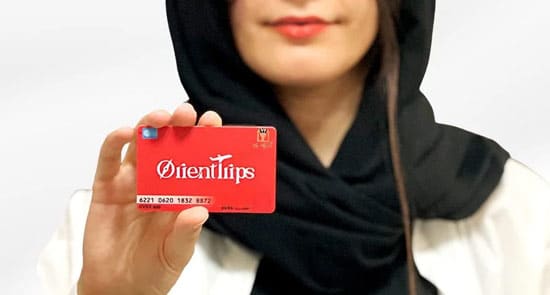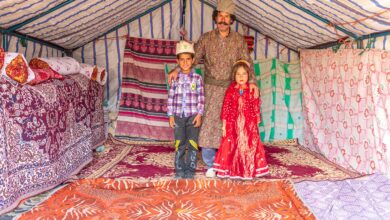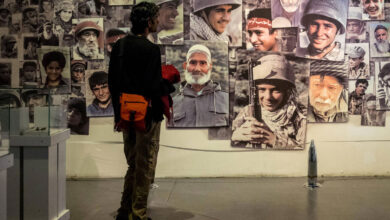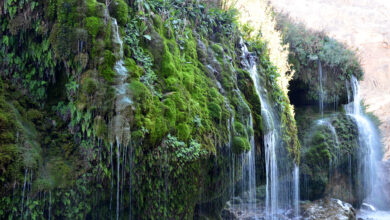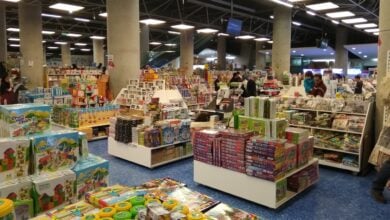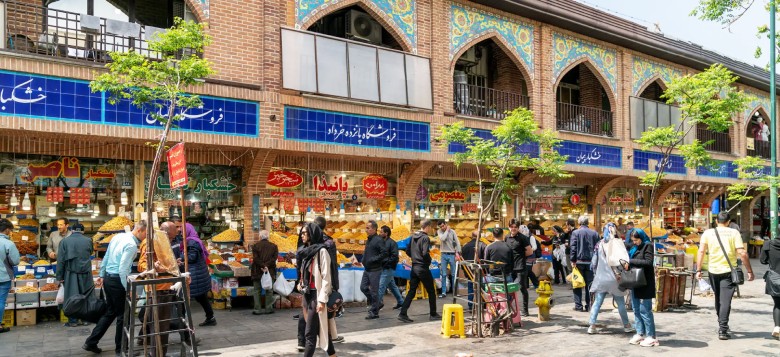
Iran is a treasure of heritage and history; thus, the country remains in the memories of visitors with its delightful shopping experiences. Be it the markets, which are called bazaars by them, they reflect the vibrancy of the local life-from intricately done handicrafts to spices that have enticing smells. From the narrow lanes of historic bazaars to swanky shopping districts, Iran has slouched a number of souvenirs that say much about its cultural soul. Herein comes a guide on ultimate shopping, including where to go and what to buy, adding some insider tips on how to make the most of the time spent shopping in Iran.
Contents
Magic of Iranian Bazaars
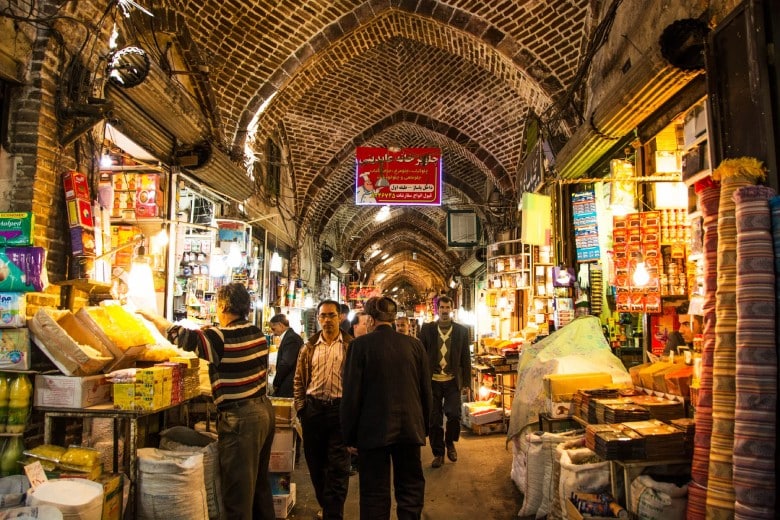
1. Historical Importance
The Iranian bazaars, since time began, literally built the hearts of every city and are a pot of busy trade, social life, and culture. Every market has tales to tell and normally contributes to aesthetic charms in the immediate surroundings with their tile work, domes, and corridors. Major bazaars, such as the Grand Bazaar in Tehran and the Vakil Bazaar in Shiraz, not only give one a glimpse of places to shop but also give a fair glimpse of Iran’s rich tapestry of history.
2. Design and the Ambiance
A walk down the bazaar in Iran is a voyage for the senses. The smell of spices wafts in the air. Every greeter now a barker greets every passerby to enter and enjoy wonders of the world inside. Winding paths could spill into surprises-artisans studios, tea houses, and cultural artifacts.
Things to Buy
Shopping in Iran can be considered a treasure hunt-it offers endless possibilities to find souvenirs that represent the country’s artistic traditions. A must-have list of souvenirs that you may get is enumerated below.
1. Persian Carpets
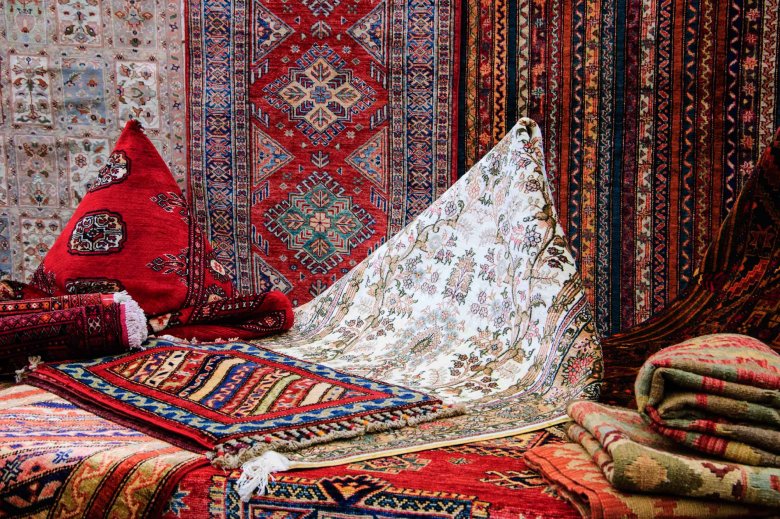
Considered to be some of the most famous souvenirs, Persian carpets are renowned for their intricate patterns and craftsmanship throughout the world. Every region boasts its own style: Tabriz carpets have flower patterns that are so precise, while Kashan carpets boast a rich texture. Make sure you buy them from a reputable place so you can assure yourself they are authentic.
2. Miniature Paintings
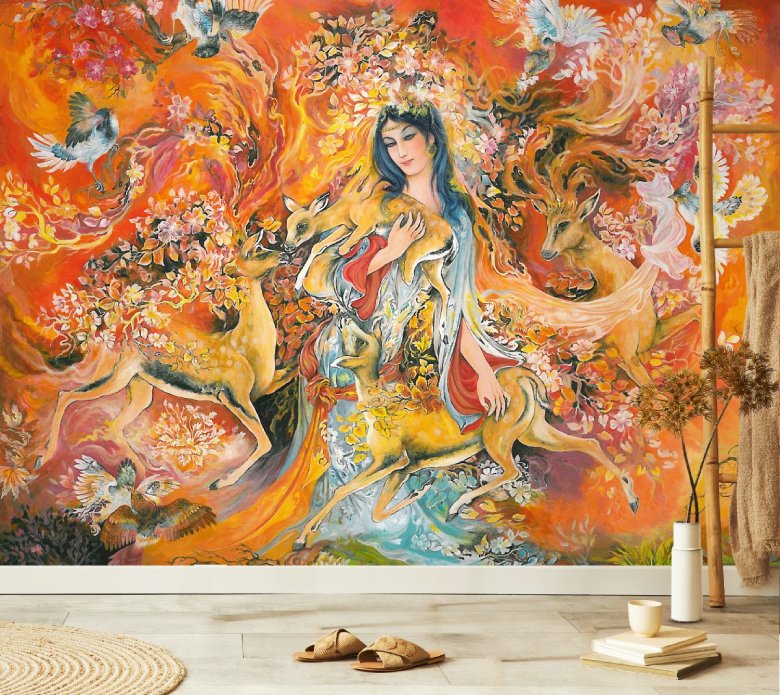
These are small-scaled paintings that detail almost any scene, usually from Persian literature, mythology, and day-to-day life. Such beauty can be sought in different galleries and bazaars; the traditional craft of such items shall be a definite purchase, and remember to ask about its provenance.
3. Saffron
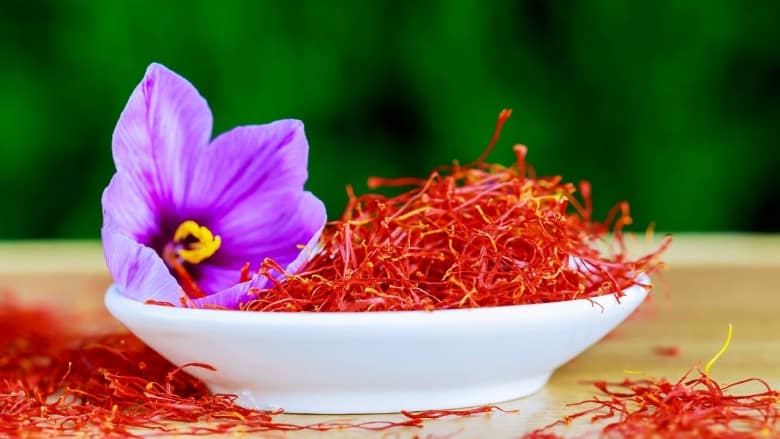
Sometimes known as “red gold,” saffron is one of the specialties of Iran and considered a great food souvenir. Buy good quality threads of saffron in order to add that special taste and color to your dishes. Most sellers package saffron in so many beautiful ways that it’s an easy gift to take back home.
4. Hand-painted Ceramics
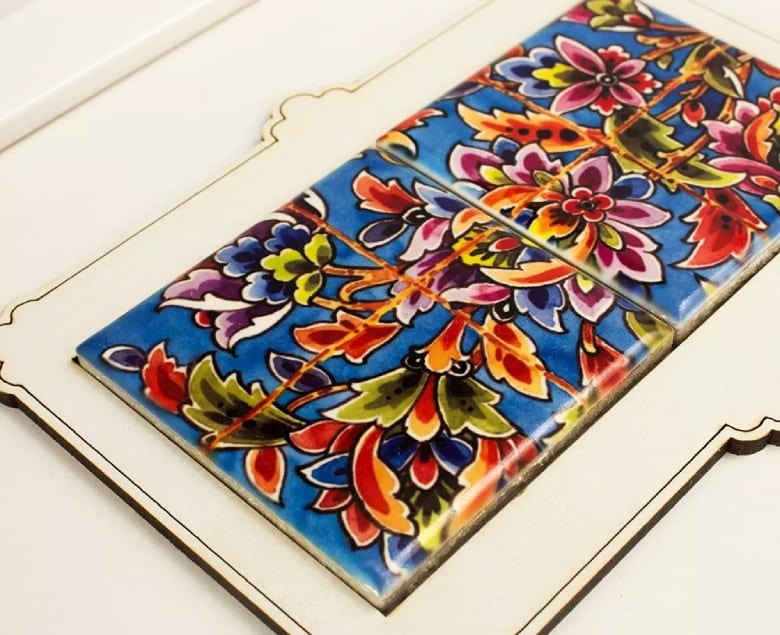
Meanwhile, Iranian ceramic art is impressive and practical. Bright colors and an intricate pattern of hand-painted dishes, bowls, and tiles please every eye. Isfahan is especially famous for ceramics, where one can get pieces with traditional Persian designs.
5. Traditional Jewelry
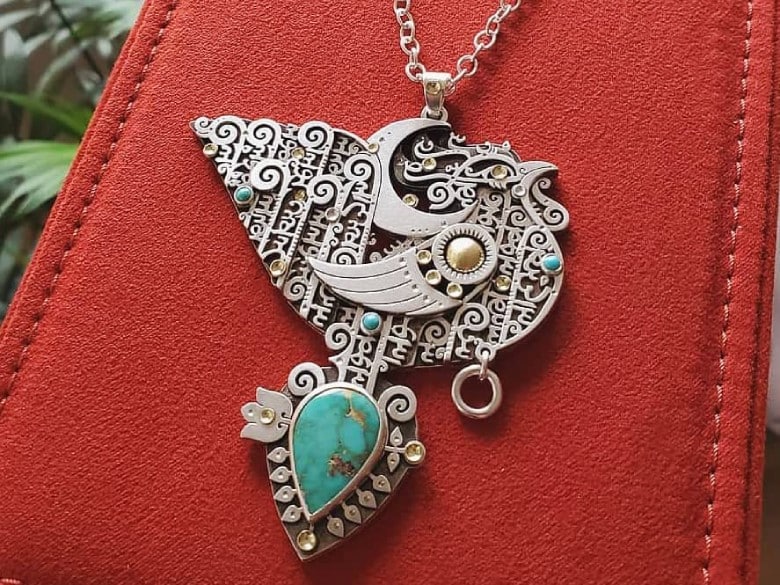
Iranian jewelry speaks much about the land’s rich history and skillful craftsmanship. The varieties of silver jewelry filled with turquoise or other precious stones are just a mirror to the rich culture that the region possesses. Traditional shopping will allow the visitors to grasp the different stories and techniques involved in the origin of the piece.
Where to Shop: Bazaars and Markets
1. Grand Bazaar, Tehran
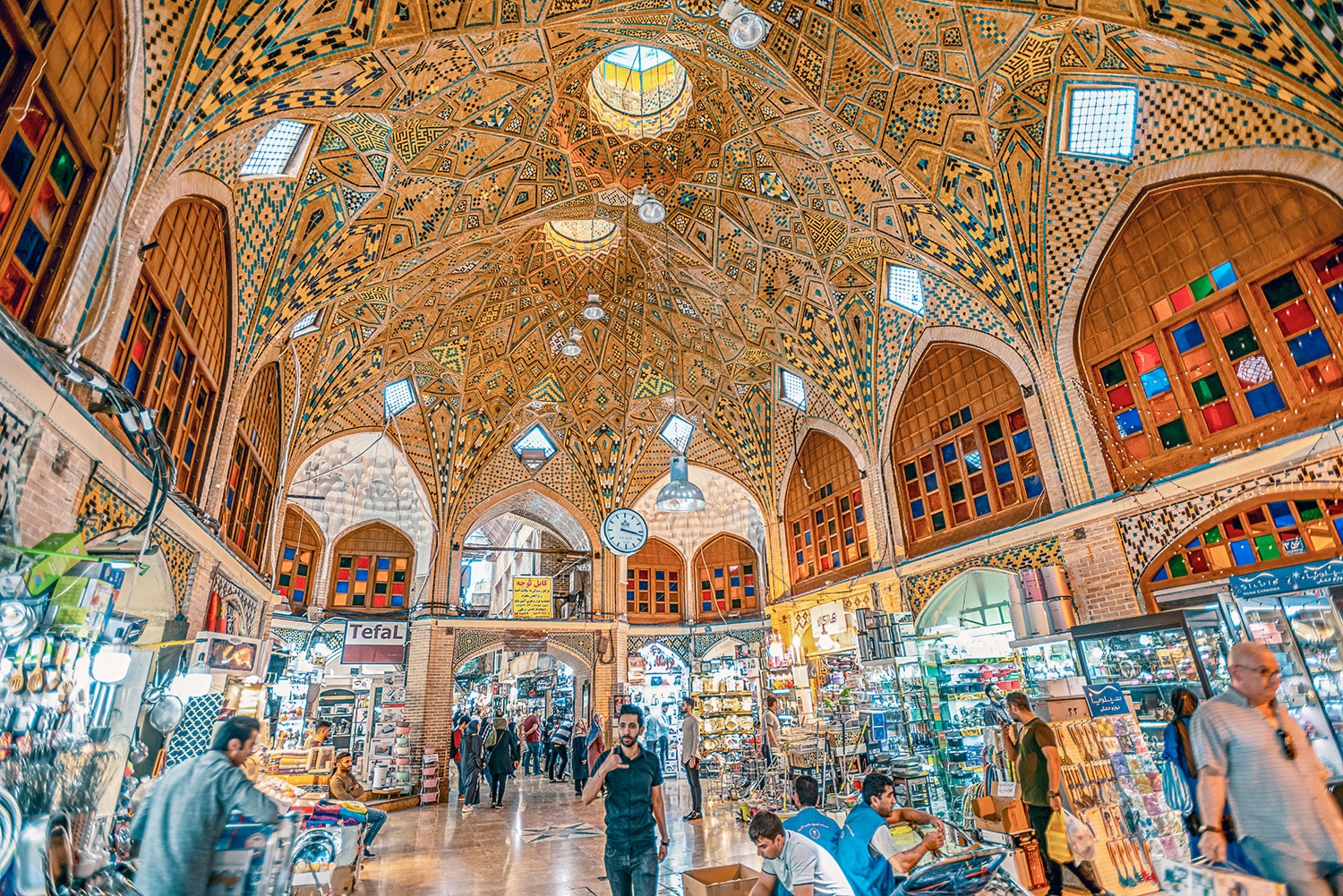
The Grand Bazaar of Tehran is one of the largest and oldest covered bazaars in the world and is a labyrinthine of shops dealing in textiles, antiques, jewelry, and food. One can literally spend hours walking around and bargaining with shopkeepers. Next door, be sure not to miss a spice market for colors and fragrances galore.
2. Vakil Bazaar, Shiraz
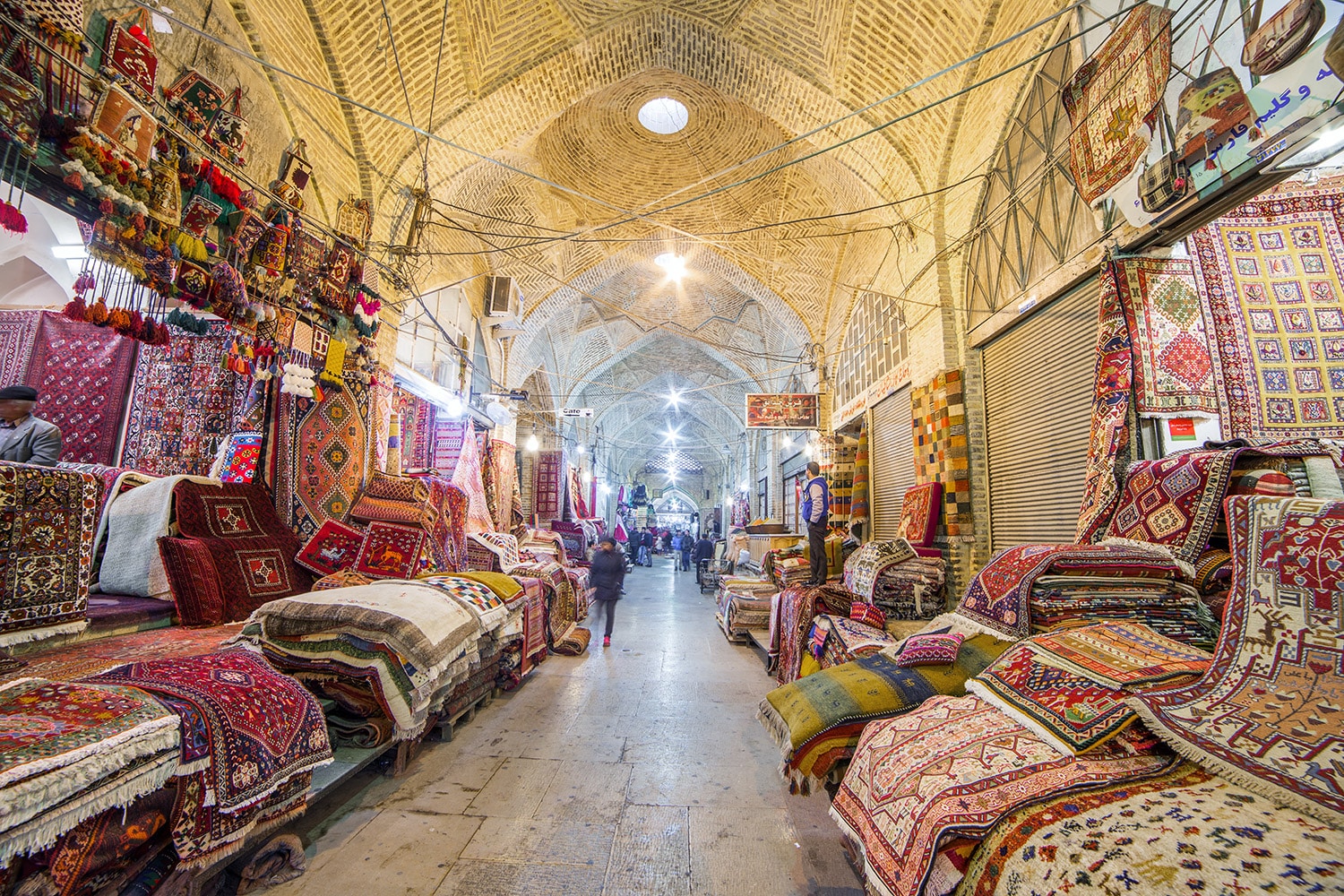
Vakil Bazaar is full of textile, handicrafts, and local sweets, and forms part of Shiraz city center. Worth a visit simply for its upbeat atmosphere mixed with bits of historic architecture, you really should try a few of the local sweets, such as “Baklava“, while shopping.
3. Bazaar of Isfahan
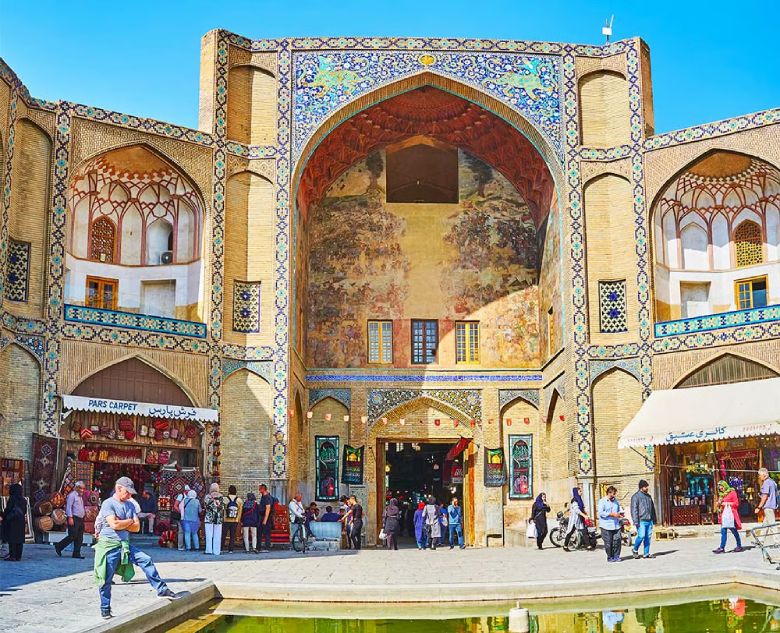
The Isfahan bazaar represents the height of Persian architecture, with its domes and vaulted ceilings forming a splendid backdrop to explore. It is one of the most famous cities for carpets and tileworks in Iran. You can leisurely walk through Isfahan’s bazaar and stop and rest at one of its several teahouses to enjoy the atmosphere.
4. Tabriz Bazaar
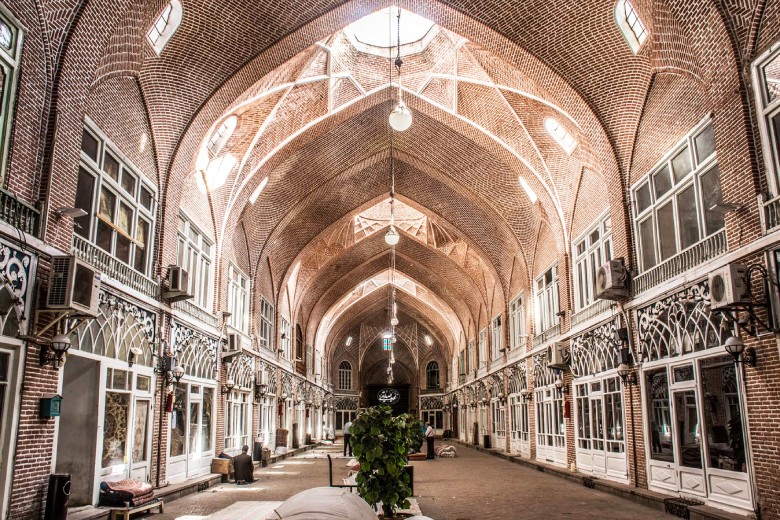
The Tabriz Bazaar has handsome carpets, spice, and handicrafts, which are well-known, owing to the fact that it is among the oldest in Iran. This was accorded with UNESCO World Heritage status owing to its great historical significance. There is just a mismatch of things that one could look at- from vibrant colors to simple ones. Let’s dive into a few of the key tips which must be kept in mind while shopping in Iran.
key tips to consider while shopping in Iran
1. bargaining can work wonders
Haggling over the price is a standard activity in the bazaars of Iran, so this is expected from a buyer. Start lower and negotiate amicably. That will not only give you a decent price but also make your interaction with local vendors very smooth.
2. Cash is King
While cities may accept credit cards, cash is preferred, usually in Iranian Rials, especially within bazaars. There may be some certain restrictions at ATMs for foreign cards; it is, therefore, prudent to carry enough cash for your shopping needs.
3. Respect Local Customs
Dress conservatively and respect cultural attitudes while browsing or bargaining. A smile and a greeting go a long way toward opening doors and good interchange.
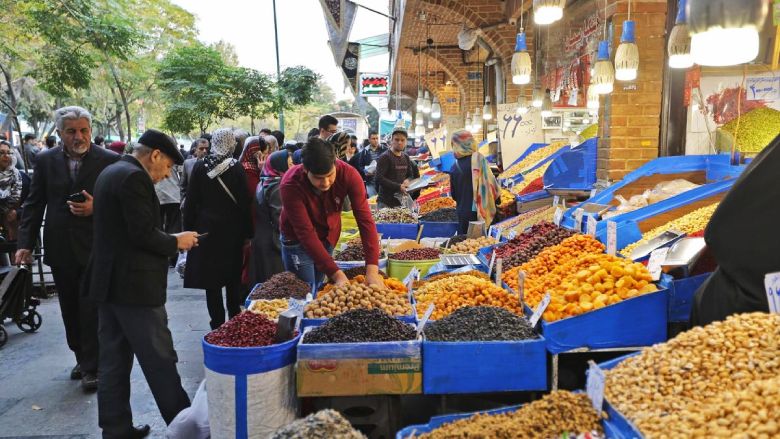
4. Get out of the tourist zones
Popular bazaars are great, but if you’ve got time, make it a point to visit those markets that see less tourist action. You may come across some real gems there and perhaps more of an authentic experience.
5. Research export controls
You would want to understand what export controls for your country are before you actually buy anything, particularly carpets and antiques. Some items may have some restrictions while even requiring special documentation for exportation.
Book Iran Flights
Buy Iran flight tickets at the lowest price
Explore Iran’s culture and history with affordable and reliable flight tickets.
Conclusion
Shopping in Iran offers an extremely unique opportunity to delve into the local culture and bring home memories of travels. From the dazzling atmosphere to the exquisite artistry on traditional souvenirs, each and every item has a story to tell from the myriad heritage of this stunning country. With this ultimate shopping guide, you will be well prepared for the pulsating markets of Iran to have a satisfying and memorable shopping experience. So pack your bags, tighten those haggling seatbelts, and let us dive into the great world of Iranian bazaars!
FAQ
What are the main types of souvenirs to buy in Iran?
Persian carpets, miniature paintings, saffron, hand-painted ceramics, and traditional jewelry are popular souvenirs in Iran.
What is the significance of the Grand Bazaar in Tehran?
The Grand Bazaar is one of the largest and oldest covered bazaars in the world, offering a variety of textiles, antiques, jewelry, and food, making it a central hub for shopping and cultural experiences.
What should visitors keep in mind while shopping in Iranian bazaars?
Visitors should remember to negotiate prices, carry cash, respect local customs, explore less touristy markets, and research export controls for certain items.
